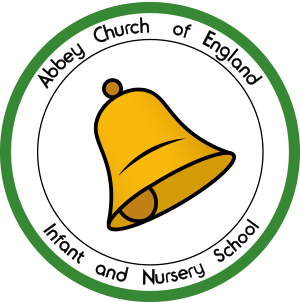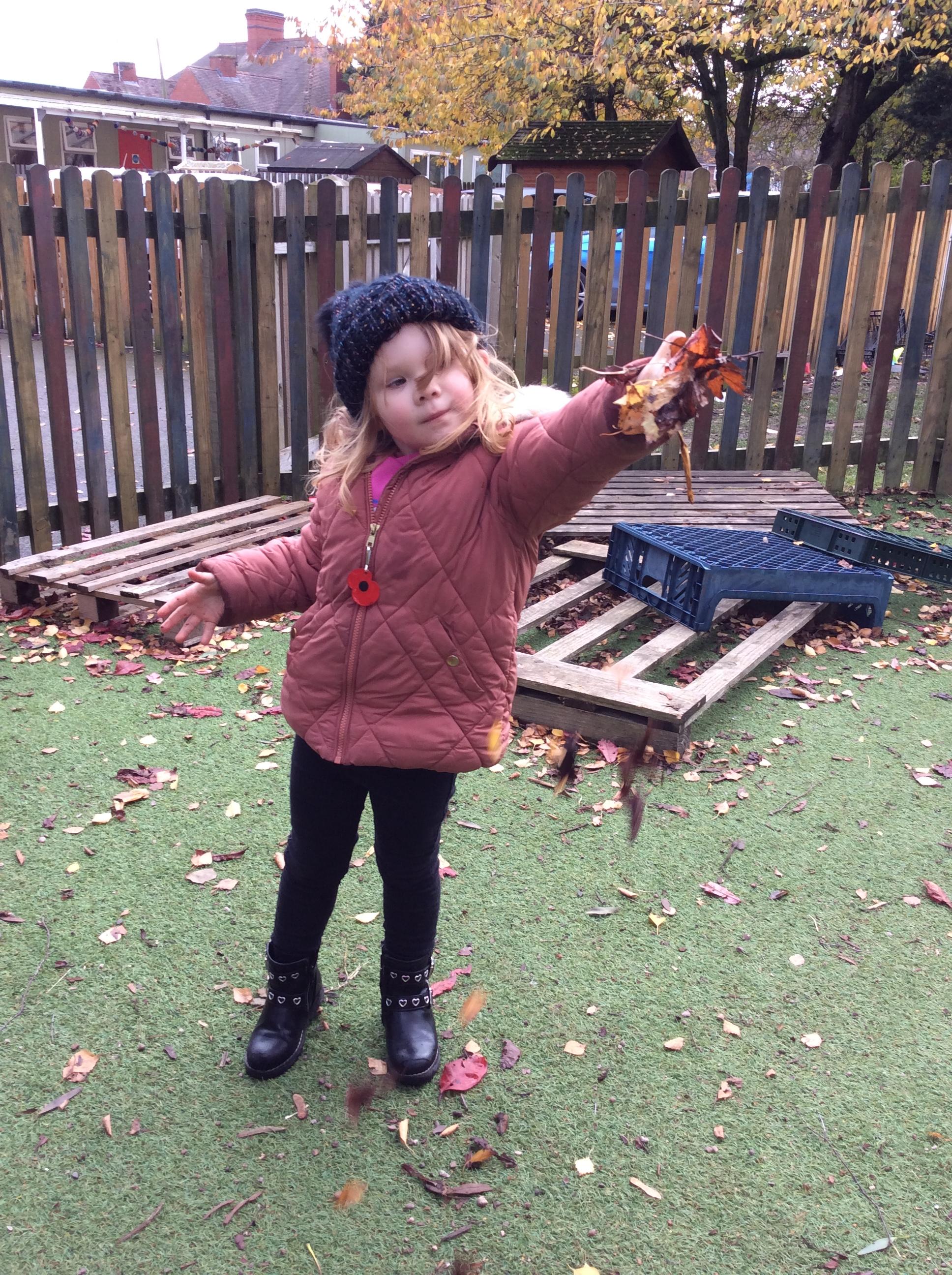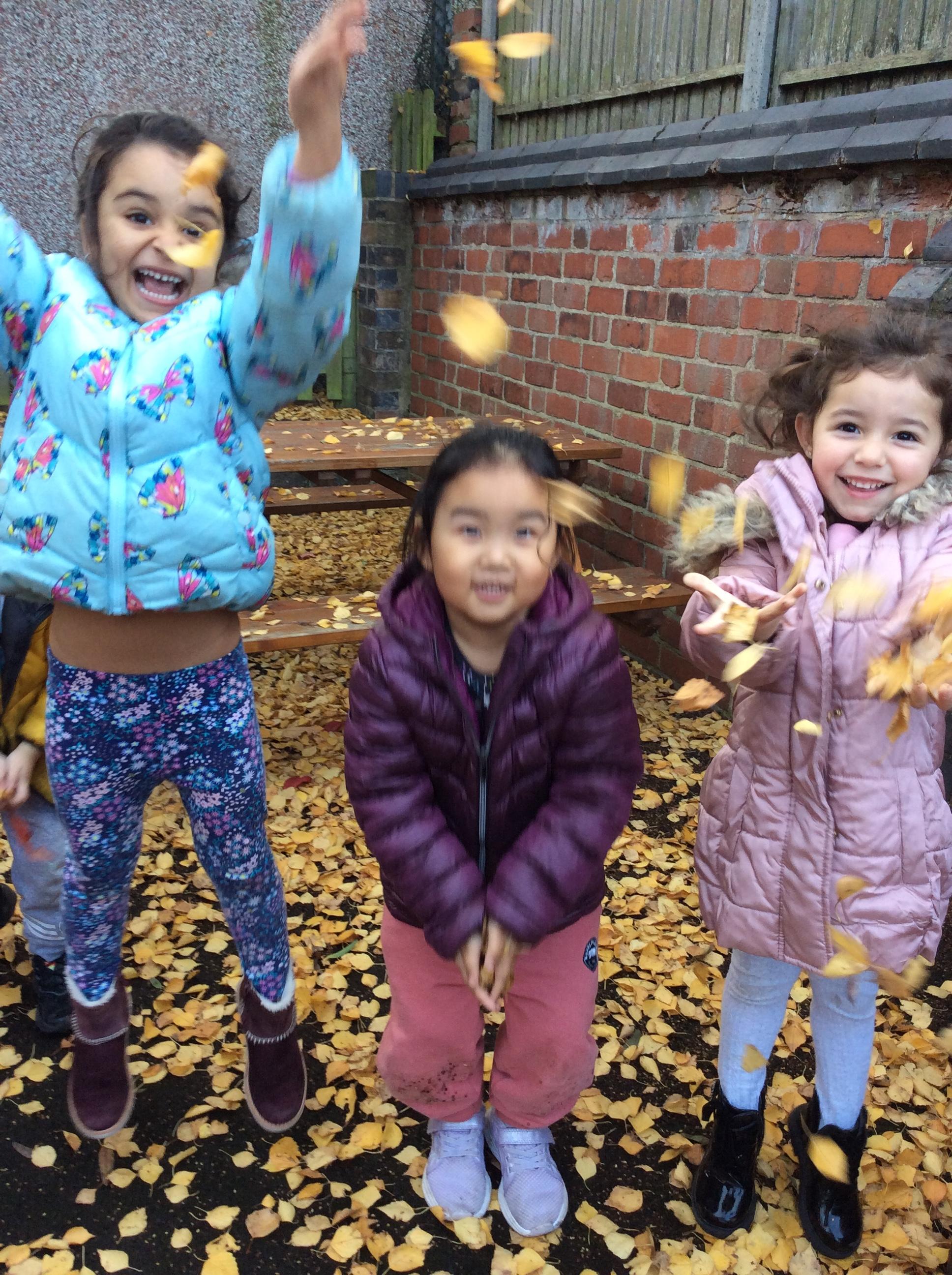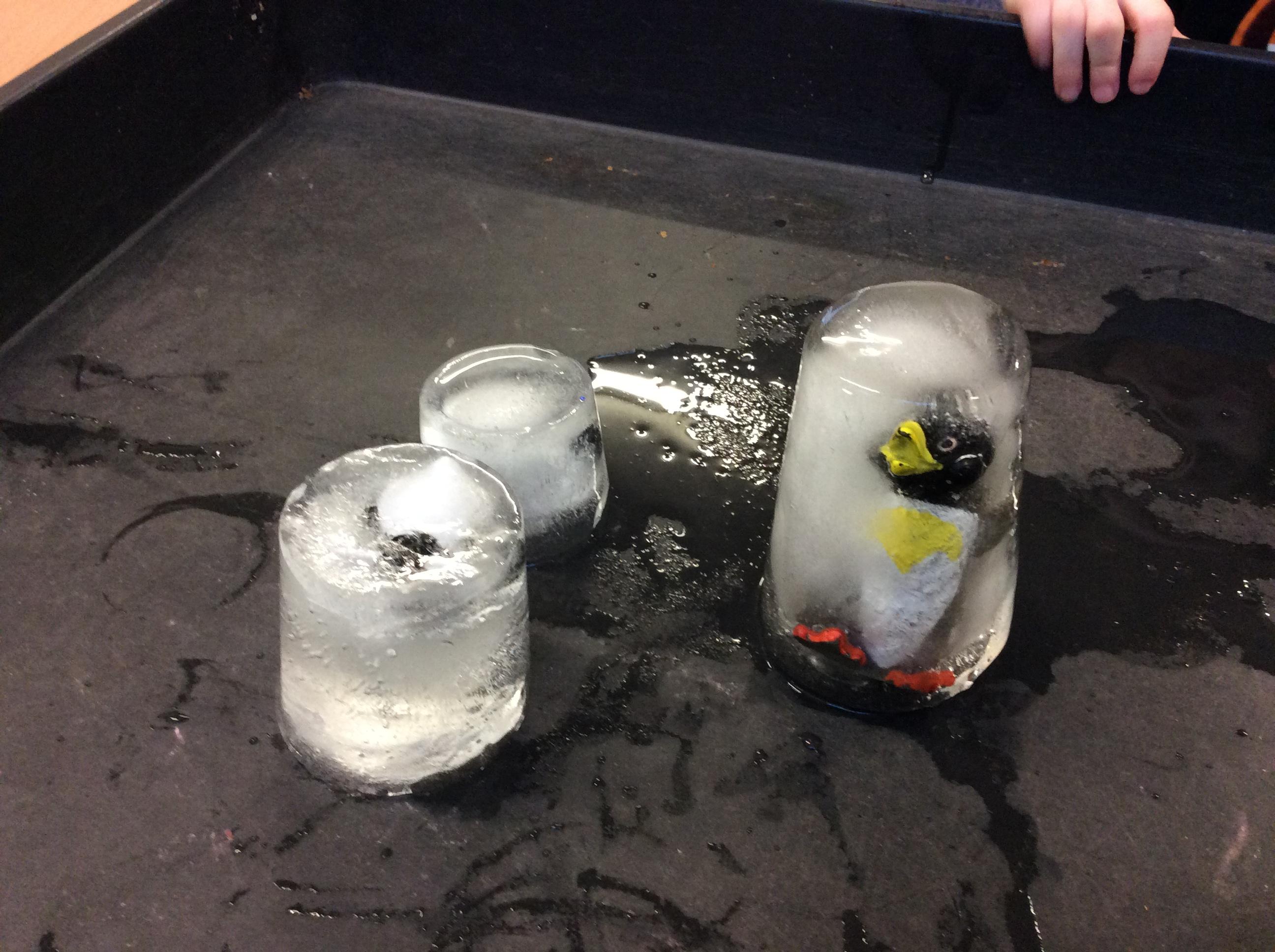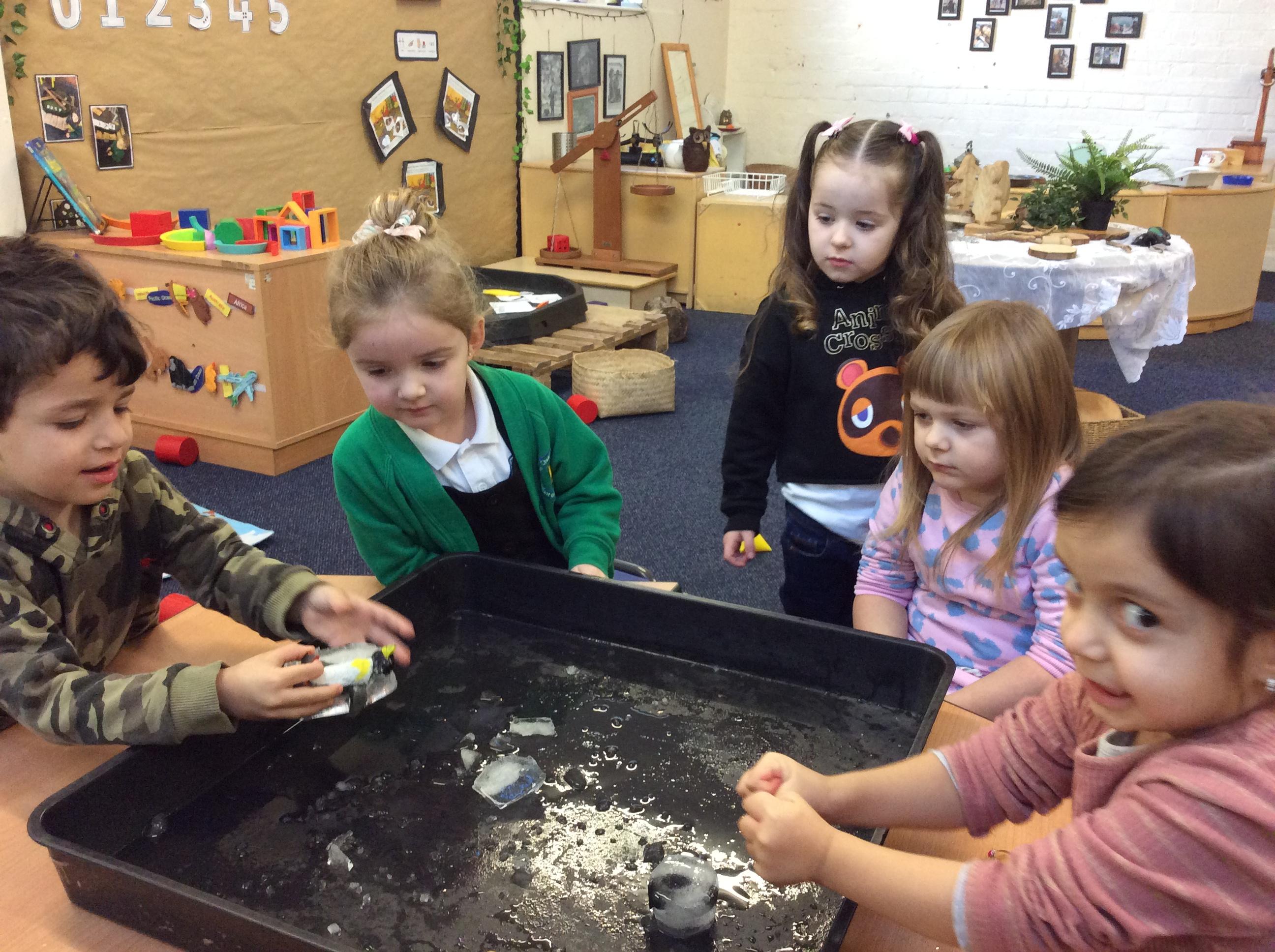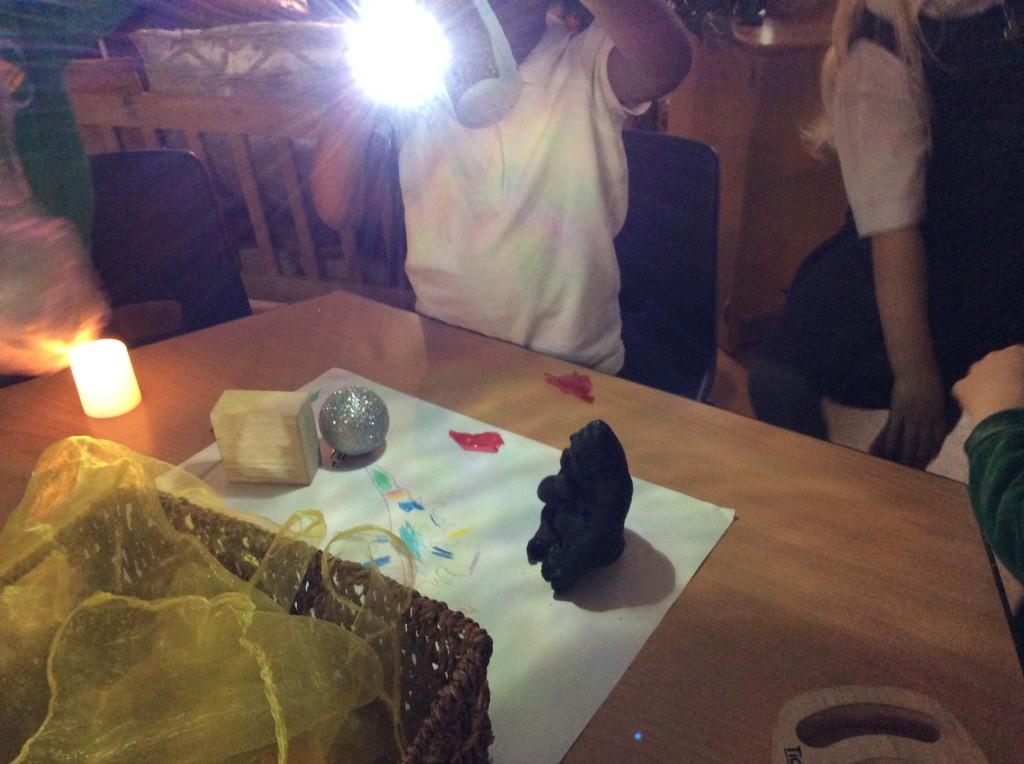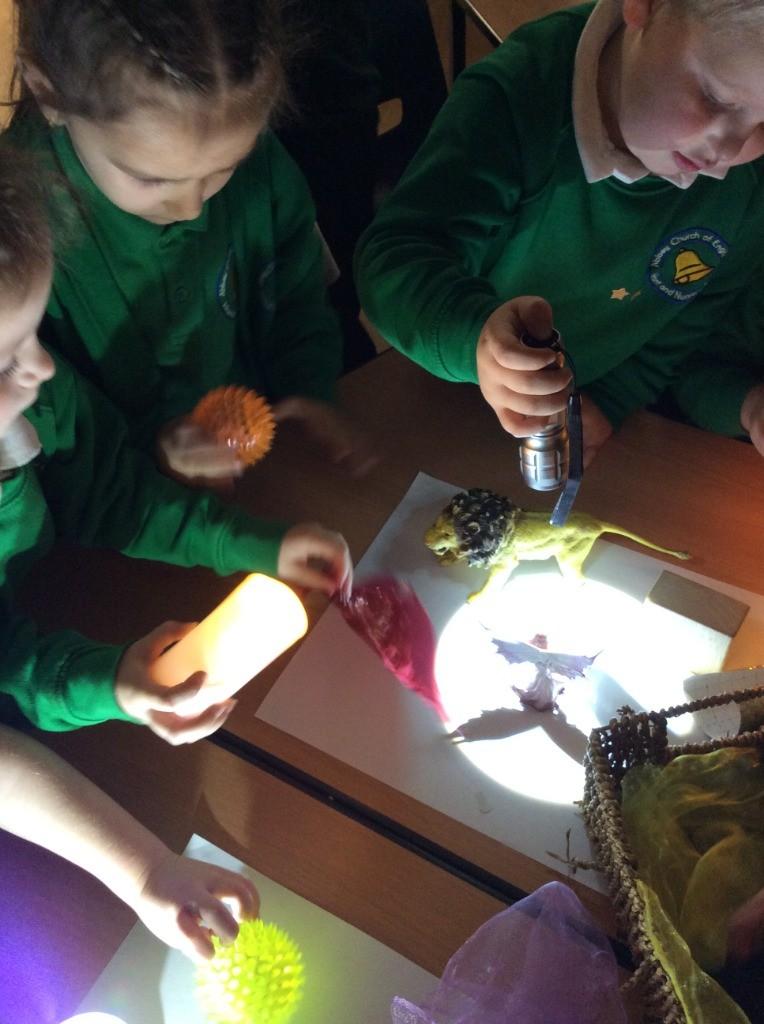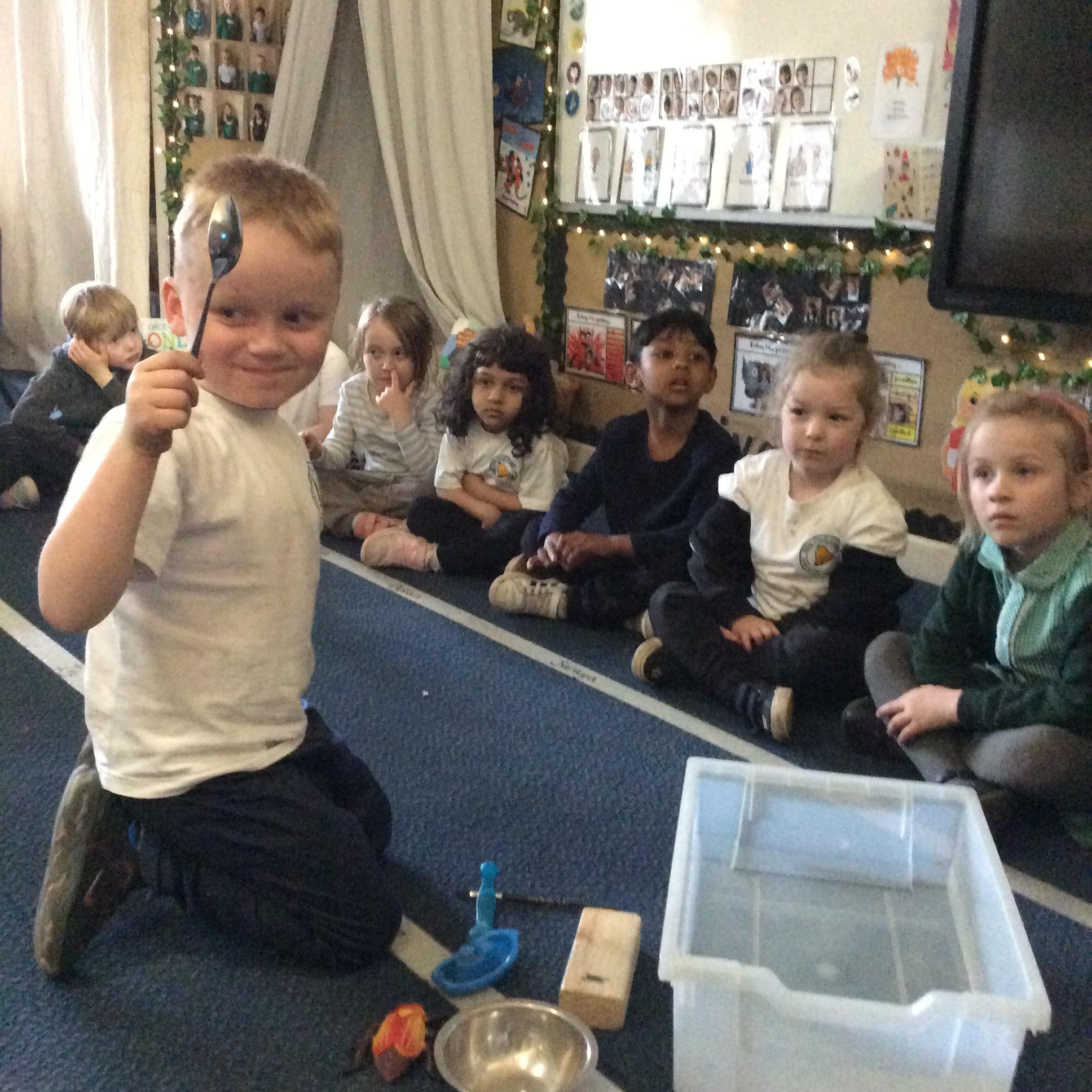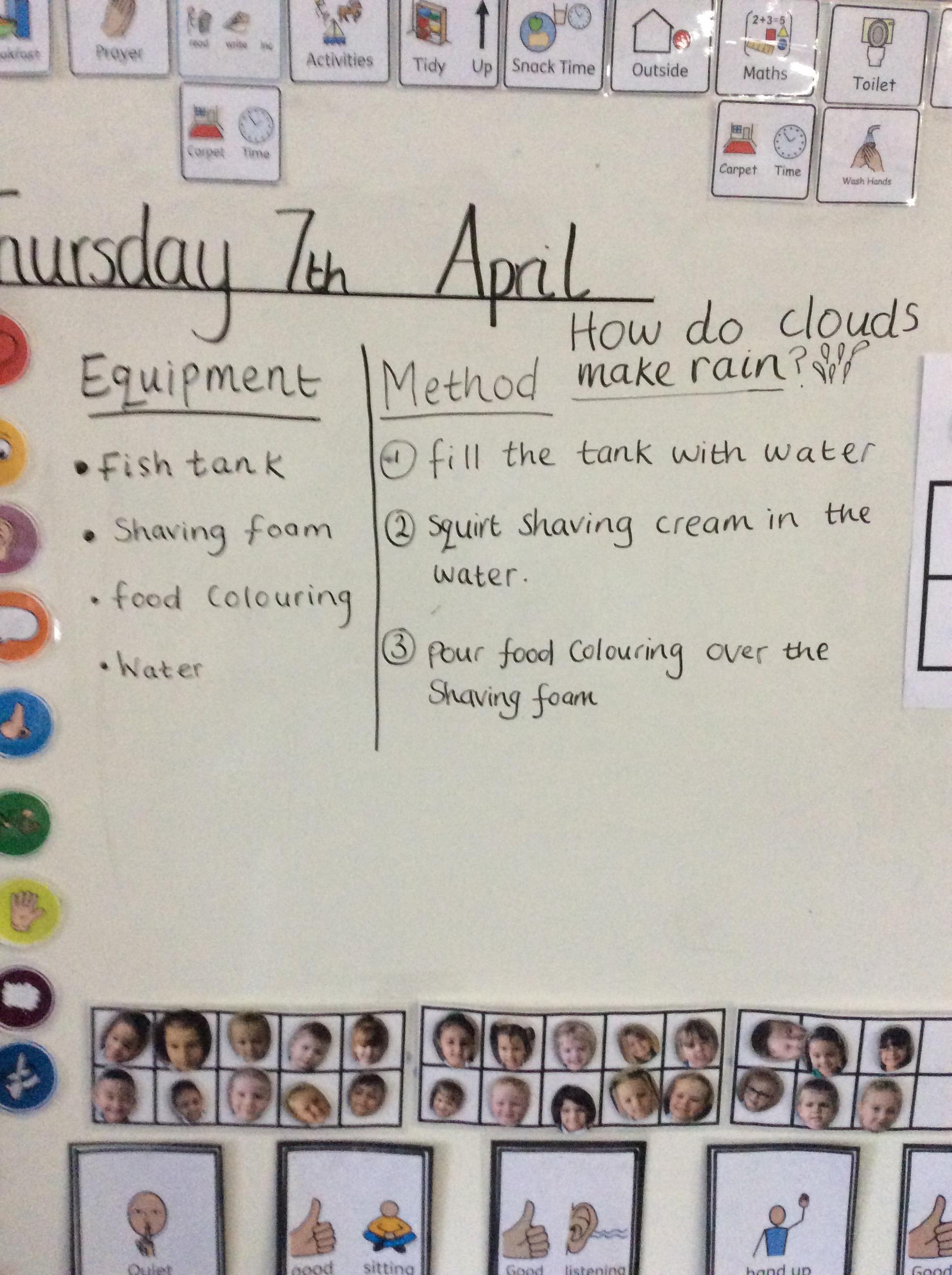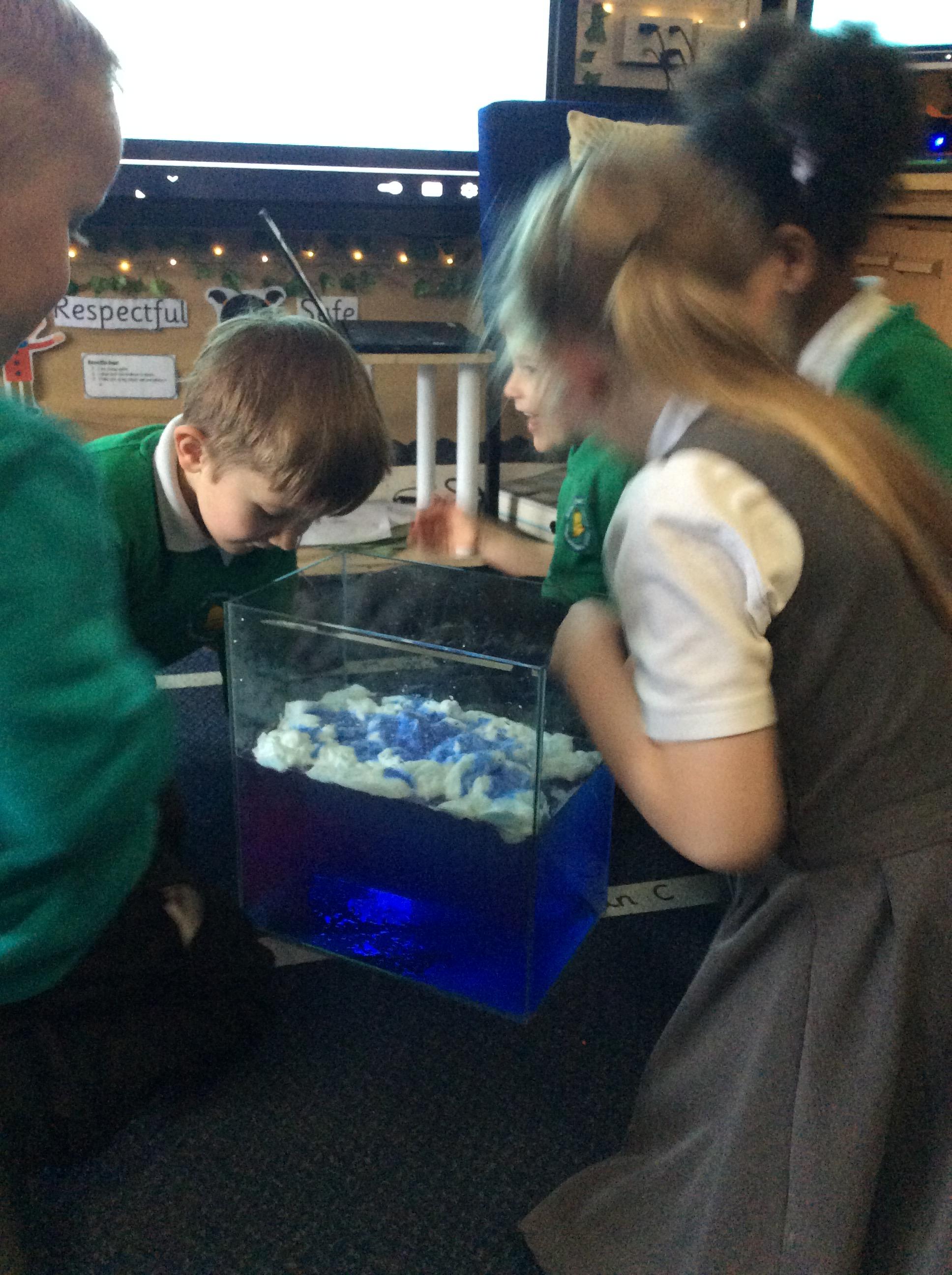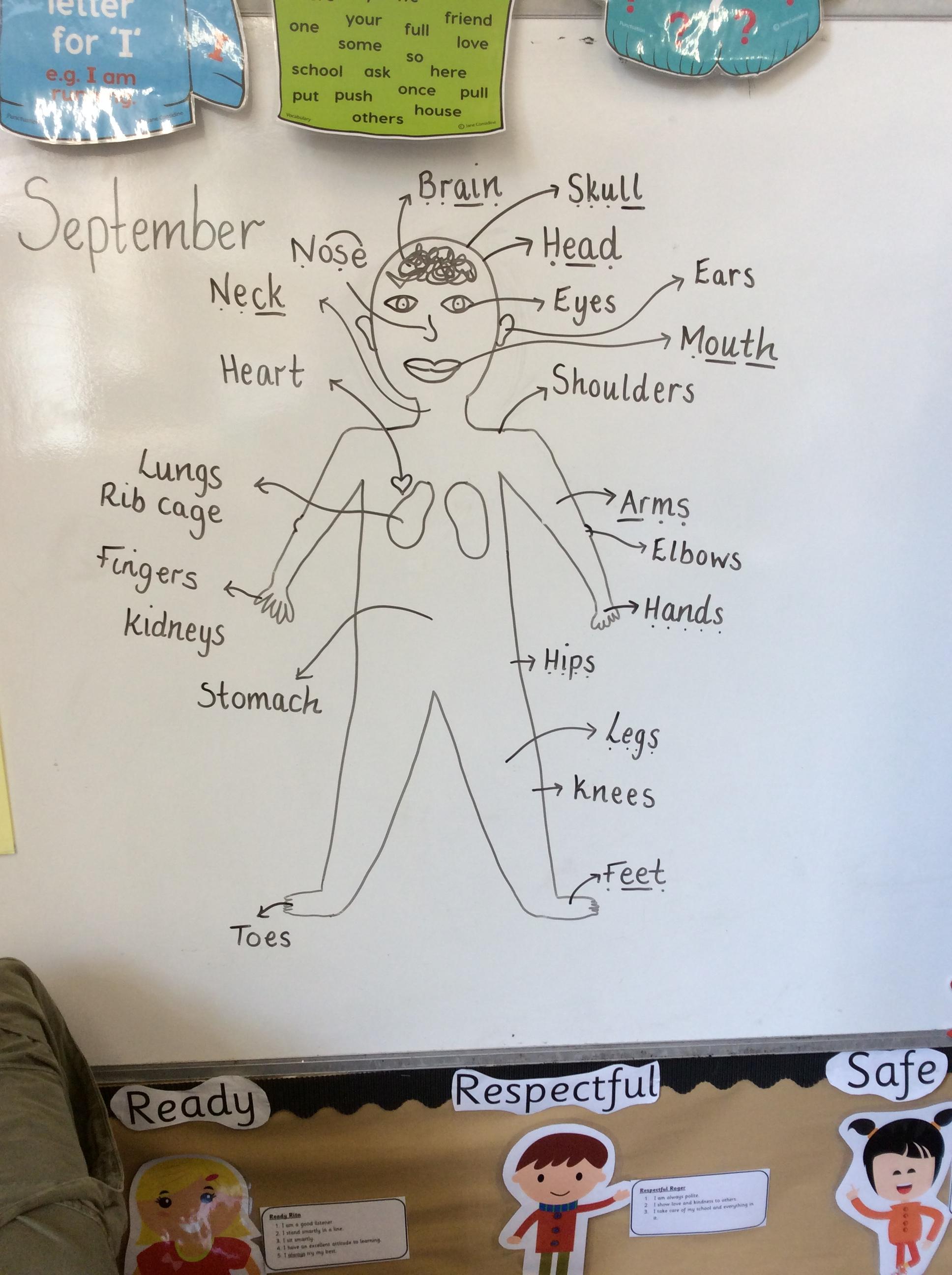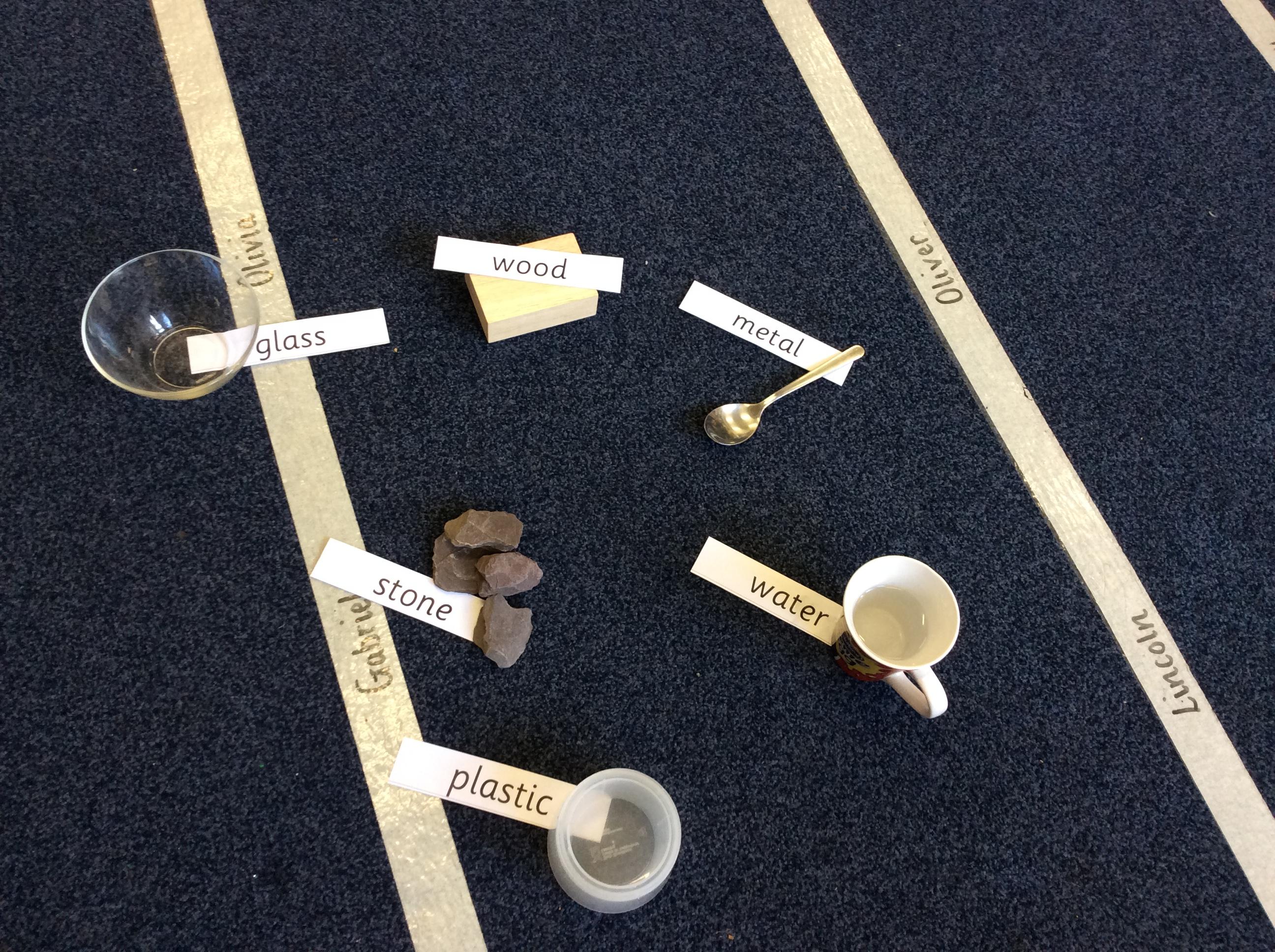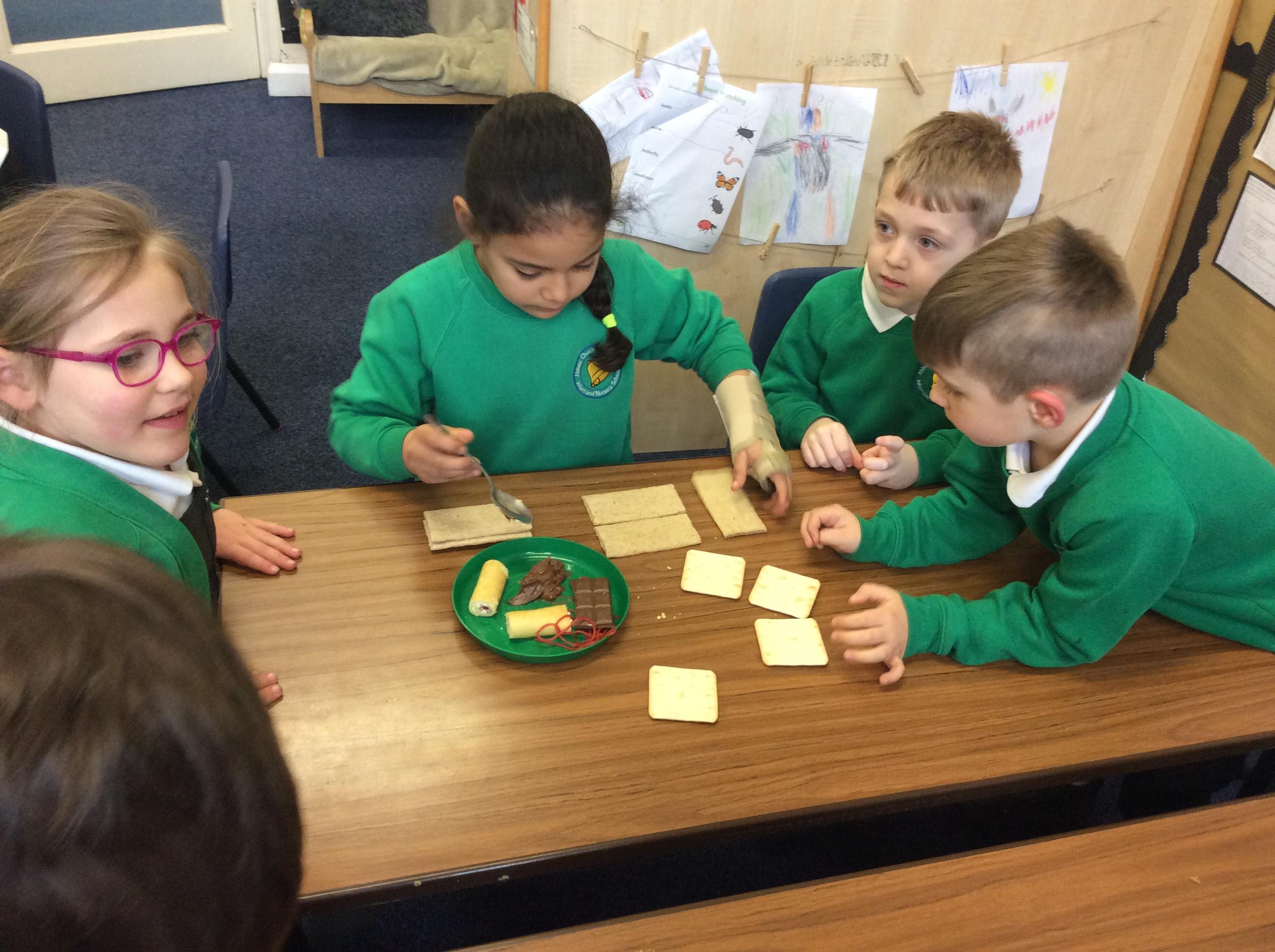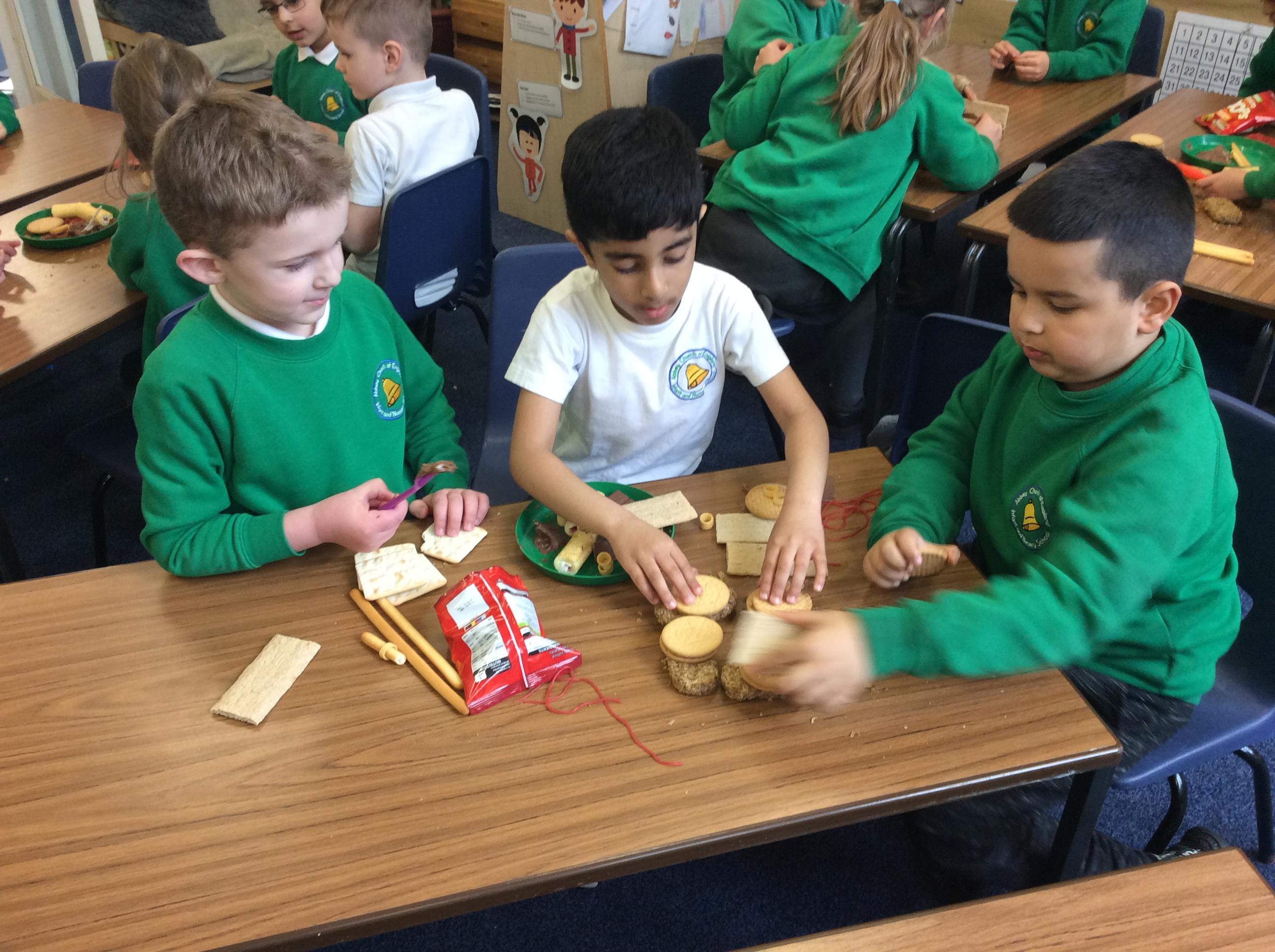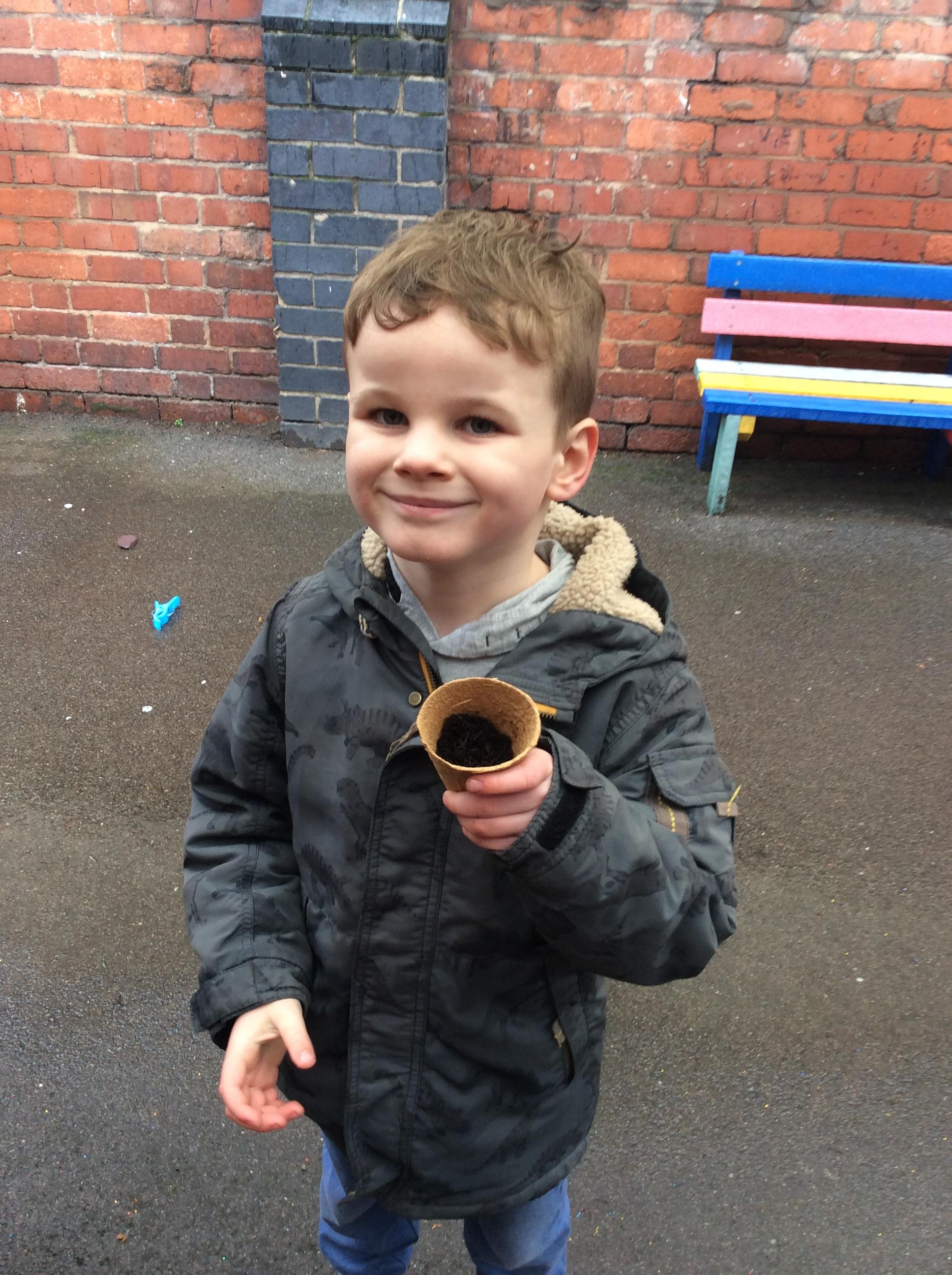Science
What does Science look like at Abbey?
SHINING BRIGHTLY THROUGH THE SCIENCE CURRICULUM
|
Theological Concept Relevant to Curriculum |
Science |
|
Salvation (transformative, ‘good news’)
|
Science in our school provides children with a diverse range of opportunities that they may not have previously had access to, enabling them to engage in hands-on learning experiences. They are encouraged to explore the world around them and raise their own inquisitive questions, fostering a sense of curiosity and wonder. Through a variety of scientific enquiries and practical activities, children can begin to view the world positively and understand how they can actively contribute to meaningful change in their communities and the environment. Science not only allows children to acquire new knowledge and skills but also equips them with the ability to apply these concepts in real-life situations, which they can take home and enthusiastically share with their families during discussions at the dinner table or while engaging in home experiments. At Abbey, we aim to provide children with exciting and enriching opportunities, as we understand that such experiences can spark hidden talents and foster a genuine joy in their lives that they may not have encountered otherwise. By conducting different scientific experiments, whether through plant growth projects or simple chemical reactions, children can express their creativity, talents, and unique thinking. Science consistently brings happiness and joy to children by encouraging them to share their insights and discoveries, thereby benefiting their peers and families in a collaborative learning environment. |
|
The Trinity (diversity and community)
|
As part of our science curriculum, children are encouraged to celebrate diversity and actively engage with differences through various role models, fostering a sense of belonging in inclusive learning environments where all students feel comfortable participating. We provide children with numerous opportunities to observe the world around them, encouraging discussion about the differences and similarities within various branches of the science curriculum, such as biology, chemistry, and physics. Children are equipped with the essential tools to understand that we are all unique individuals and that people treat our planet in different ways, influenced by culture, background, and personal experiences. Through hands-on activities and guided inquiries in science, children are empowered to question these differences, engage in respectful dialogue with their peers, and grasp that while we may not always agree, such differences in opinion are valuable and do not render our own viewpoints invalid. Science lessons at Abbey are designed to ensure that learning experiences are both relevant and meaningful, while recognising and valuing the rich differences that exist within our global community. Our children visit the local community and nature reserves to observe how the seasons are changing, studying the transition of flora and fauna, and to learn about the diverse habitats of local wildlife, further deepening their understanding of ecological systems. |
|
Love (issues of justice and equity)
|
Love is central to everything that we do at Abbey. We strive to create an inclusive environment where every individual can recognise that everyone has a right to the same and equal opportunities in all aspects of life. Within science, we provide all children with the opportunity to explore our fascinating world and discover sustainable ways of living that respect our environment. We will thoroughly examine the impact that our actions have on the planet and how we can care for and nurture the natural world that we have been entrusted with. Here at Abbey, we understand that fairness does not always equate to equality; rather, we believe in recognising individual needs and providing tailored support to enable all learners to thrive. To counteract disparities, we will ensure that we acknowledge that our actions have a significant impact on both ourselves and the world around us. To demonstrate love for everyone, we must ensure that every individual has the resources and support they need to flourish and "shine brightly" in their pursuits. Within the science curriculum, we achieve this by ensuring that all educational equipment is used appropriately, and that students’ ideas are valued, critically questioned, and explored in a scientific manner. We know and understand that a commitment to science and sustainability will not only bring joy to these learners but will also empower them to contribute positively to society and the environment, allowing our planet to be enjoyed by future generations. While at Abbey, our children will develop the essential skills to think deeply about how they treat our world and how they can make a meaningful, lasting contribution to it. They will express their love for science, people, animals, and the environment, diligently ensuring that it remains in the best condition possible for all to enjoy. |
Science Long Term plan
Science progression of Knowledge
Science progression of disciplinary knowledge
Long term Science plan with disciplinary knowledge
Science Vocabulary progression
Science Policy
Example topic knowledge organisers
Science in the Early Years
The children enjoy discovering new things and exploring the world around them. In the Early Years there is a strong focus on exploring the natural world that we live in and the children get lots of opportunities to experience the changing seasons and weather. We also do lots of focused experiments and investigations and the children love finding out new things this way.
